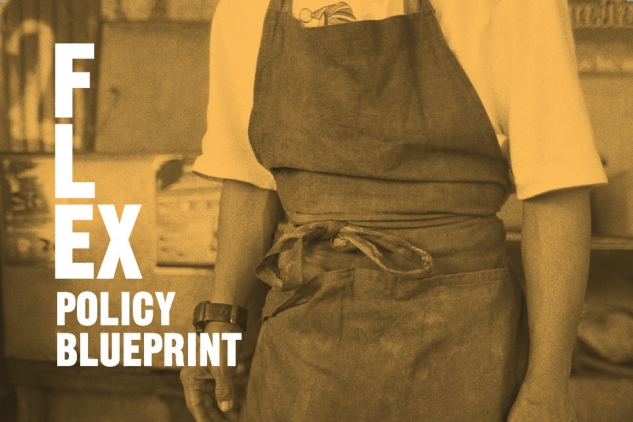
UK falling behind on labour inspection to combat modern slavery – New FLEX Policy Blueprint
Today, Focus on Labour Exploitation (FLEX) launches its Policy Blueprint: Combatting Labour Exploitation through Labour Inspection as new research reveals the failings of the existing UK labour inspection system. This Blueprint sets out a five-point plan for labour inspection based on global best practice ahead of the Second Reading of the UK Immigration Bill tomorrow – Tuesday 13 October.
Key findings in the Blueprint include:
- UK labour inspector figures come bottom when pitched against similar EU countries: The UK has just 0.9 inspectors per 100,000 workers as compared to 4.6 in Ireland, 5.1 in the Netherlands, 12.5 in Belgium and 18.9 in France.
- Labour laws are not being enforced and unscrupulous employers are getting away with exploiting workers with impunity, while labour inspections are declining with reductions in budget and remit.
- Victims of modern slavery want labour inspectors to help them escape and tackle exploitation in the workplace.
The Government’s Immigration Bill proposes a new ‘Director of Labour Market Enforcement’ to oversee labour market abuses as a means of preventing exploitation. FLEX welcomes this development, but warns that a new Director will only succeed if it strives to meet global standards and avoids becoming a tool for immigration enforcement. FLEX Director, Caroline Robinson, stated:
“When it comes to preventing modern slavery, the evidence is out there and we already know what works. Moves to promote labour market enforcement are welcome but labour inspection must centre on the protection of workers. Without safeguards, the proposed new Director risks diverting attention towards immigration control with workers paying the price.”
“Enforcement of employment law in the UK is at desperate levels, creating the perfect conditions for modern slavery to thrive. Strong efforts must now be made to monitor labour standards and penalise their infringement as the first line of defence against severe forms of exploitation.”
Ends.
For the full report click here
